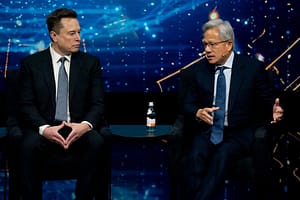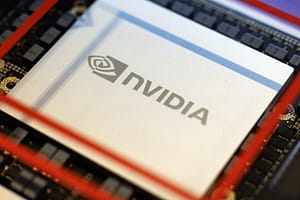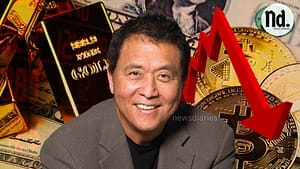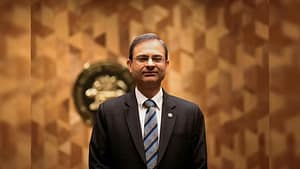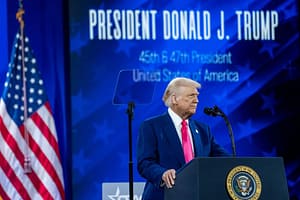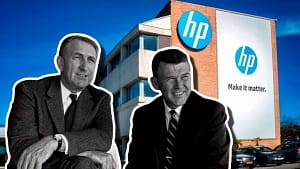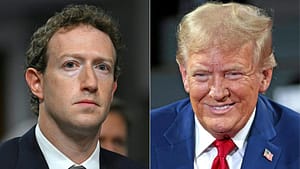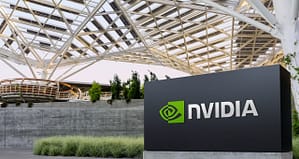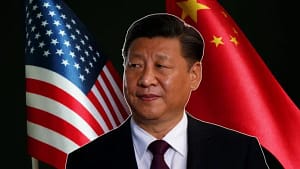Elon Musk’s journey from a curious young boy in South Africa to one of the most influential entrepreneurs of the 21st century is nothing short of extraordinary. Known for founding companies such as Tesla, SpaceX, and Neuralink, Musk has become a global symbol of innovation, ambition, and resilience. His story is one of vision, determination, and the ability to turn seemingly impossible ideas into reality.
Early Life and the Spark of Innovation
Born in Pretoria, South Africa, in 1971, Elon Musk was an inquisitive child with a passion for technology and reading. By the age of 12, Musk had already taught himself computer programming and sold his first software—a game called Blastar—for $500. Despite his early success in tech, Musk faced challenges growing up. He was bullied at school, and his parents’ divorce in the mid-1970s added emotional strain. Yet, Musk’s ability to persevere and his desire to understand the world around him kept him going.
At 17, Musk moved to Canada to attend Queen’s University, later transferring to the University of Pennsylvania in the United States. It was here that his entrepreneurial spirit began to take shape. He completed degrees in both economics and physics, believing that understanding both business and science would give him the tools needed to make a lasting impact on the world.
The Birth of PayPal
In 1995, after dropping out of a PhD program at Stanford University just two days into his studies, Musk launched his first business, Zip2, an online city guide. It wasn’t long before the company caught the attention of Compaq, which acquired Zip2 for nearly $300 million in 1999. Rather than retiring, Musk reinvested his newfound wealth into his next big idea: X.com, an online payment company.
X.com’s evolution into what we now know as PayPal is a significant part of Musk’s journey. In 2000, X.com merged with Confinity, a smaller startup. Musk, who was briefly replaced as CEO due to internal conflict, continued to play a pivotal role in the company’s growth. In 2002, PayPal was sold to eBay for $1.5 billion in stock, providing Musk with the financial foundation for his future ventures.
The Birth of SpaceX and Tesla
While many might have taken a break after such a success, Musk had bigger dreams. He turned his attention to space exploration and sustainable energy. In 2002, Musk founded SpaceX (Space Exploration Technologies Corp.) with the audacious goal of making space travel affordable and ultimately colonizing Mars. Over the next decade, SpaceX faced numerous setbacks, including failed rocket launches and skepticism from critics who doubted Musk’s vision. But Musk’s relentless pursuit of innovation paid off. In 2008, SpaceX successfully launched its Falcon 1 rocket into orbit, making history as the first privately-funded company to do so.
Simultaneously, Musk was working on revolutionizing the automotive industry. In 2004, he joined Tesla Motors (now Tesla, Inc.) as chairman and later became its CEO. Tesla’s mission was clear: to create electric vehicles that were not only environmentally friendly but also high-performance and desirable. Despite facing financial struggles and near bankruptcy during the 2008 financial crisis, Musk remained committed to Tesla’s vision. His perseverance led to the release of the Tesla Roadster in 2008, followed by the Model S sedan in 2012—both of which garnered attention for their groundbreaking technology and design.
Innovation at the Core
Under Musk’s leadership, both SpaceX and Tesla continued to break barriers. SpaceX became the first privately-owned company to send astronauts to the International Space Station in 2020. Meanwhile, Tesla’s stock skyrocketed, and the company emerged as one of the most valuable automakers in the world. Tesla’s advancements in electric vehicles, battery technology, and autonomous driving have set the standard for the future of transportation.
Musk’s other ventures, including Neuralink (focused on brain-computer interfaces) and The Boring Company (which aims to reduce traffic congestion with underground tunnels), have cemented his reputation as a forward-thinking entrepreneur unafraid of taking on some of humanity’s most pressing challenges.
Challenges and Criticism
Musk’s journey has not been without criticism and controversy. He’s faced scrutiny for his management style, erratic behavior on social media, and outspoken comments. His ambitious nature and tendency to set aggressive deadlines have led to challenges in meeting expectations. But even in the face of adversity, Musk’s resilience shines through. His ability to innovate and continue pushing the boundaries of what’s possible has kept him at the forefront of technological advancement.
A Vision for the Future
Looking toward the future, Musk’s goals remain as bold as ever. Whether it’s establishing a human colony on Mars, transitioning the world to sustainable energy, or creating a symbiotic relationship between humans and AI, Musk continues to pursue his vision of shaping a better, more sustainable world.
As of 2025, Elon Musk stands as one of the wealthiest and most influential individuals globally. His journey—from a young boy with a love for computers to the CEO of some of the most groundbreaking companies in history—remains an inspiration to entrepreneurs and innovators around the world. Musk’s story is a reminder that with enough passion, determination, and the courage to pursue unconventional dreams, anything is possible.

Elon Musk Makes History: First Human Ever to Cross $600 Billion Net Worth
Discover more from News Diaries
Subscribe to get the latest posts sent to your email.


